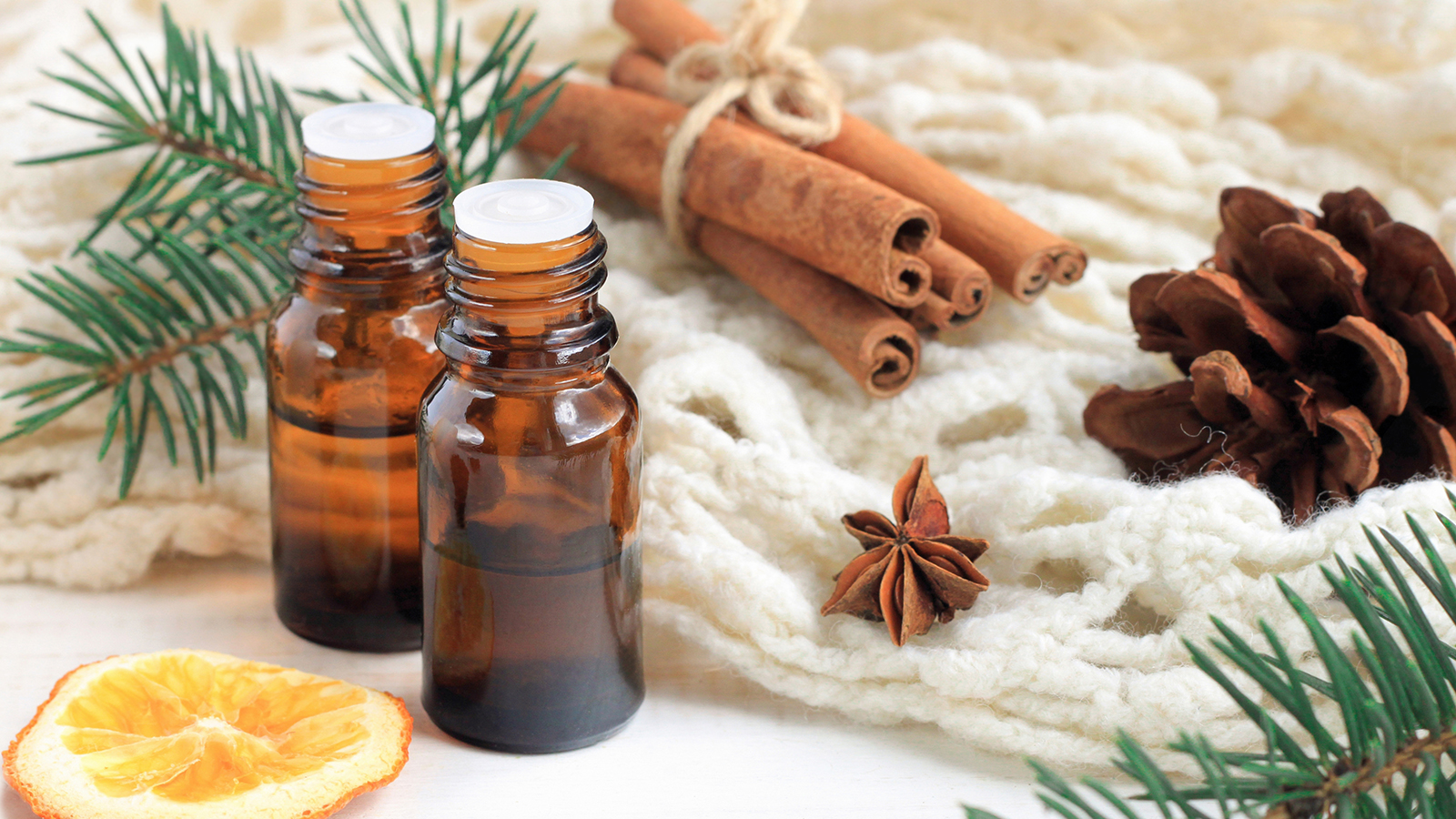Dealing with menstrual cramps and period pain can be an added health woe every month for women. While it might seem easy and accessible to take pain pills, it might not be a healthful choice to manage period pain.
A healthy lifestyle, nutritious diet, exercise, sleep, and home remedies can help to effectively manage period pain. Mild to moderate pain can be addressed by home remedies. However, if you tend to experience severe pain or menstrual cramps, visit a Gynecologist. Here are ten home remedies that you can try on your next period to manage pain and discomfort:
1. Use a Heating Pad
Using a heated pad on your abdomen can help relax the muscles of your uterus and reduce period cramps. Gentle heat can boost circulation in your abdomen and give some relief. Get an electric heating pad with gel for a fast and convenient remedy when the menstrual cramps strike.
2. Herbal Pain Patch
You can buy herbal pain patches from your local drugstore or online to help you manage period pain. If you have some health conditions, consult with your doctor before taking any pain patch.
3. Essential Oils
You can mix essential oils like lavender or sage with jojoba oil and massage it on your abdomen to help ease menstrual cramps. You can also use a few drops of Clary Sage essential oil on your pulse points to help balance your hormones during the period.
4. Epsom Salt Soak
There’s nothing more relaxing than Epsom salt soaks to relax your muscles during periods and ease the pain. Fill your bathtub with 3 scoops of Epsom salt, 1 scoop of dead sea salt, 5 drops of lavender, 5 drops of rose essential oils for a relaxing soak to relieve period pain.
5. Health Supplements
Along with eating a healthy and wholesome diet, consider these health supplements to reduce period pain:
- Iron
- Magnesium
- Zinc
- Vitamin B1, B6, B12
- Omega 3 Fish Oil
6.Drink Tea
Instead of drinking coffee or wine, enjoy a cup of herbal tea to relieve menstrual cramps. Some herbal teas that help to reduce period pain and dysmenorrhea are Chamomile, Peppermint, and Ginger.
These holistic home remedies are easy, affordable, and are effective to relieve period pain. Next time you are inclined to pop a pain pill during menstrual cramps, give these home remedies a try!
FAQ’s
2. What is a herbal pain patch and how can it help?
A herbal pain patch is a small adhesive pad infused with plant extracts. You stick it on where you feel pain, and the herbs slowly release and may help relax muscles or reduce soreness. It’s a non-pill option to complement other remedies.
3. Can essential oils reduce menstrual cramps?
Yes, essential oils like lavender or sage, mixed with a carrier oil (such as jojoba), can be gently massaged on the lower belly. Some users find this soothing and helpful for easing discomfort during their period.
4. Why is an Epsom salt soak recommended?
Soaking in a warm bath with Epsom salts helps the body relax and eases muscle tension. The warmth and magnesium in the salts can reduce cramping and promote a feeling of relief.
5. Which supplements are suggested to help with period pain?
The article mentions supplements like iron, magnesium, zinc, vitamins B1, B6, and B12, and omega-3s. These nutrients support general health and may aid in reducing cramp severity when used alongside other remedies.
6. What teas are useful for relieving menstrual pain?
Herbal teas like chamomile, peppermint, and ginger are named as helpful options. Sipping these during your period can offer mild relief and comfort, especially when you avoid coffee or highly caffeinated drinks.
7. Are these home remedies safe for everyone?
These remedies are generally safe for mild to moderate menstrual pain, but they may not work for severe pain. If you have other health conditions or take medications, it’s wise to check with a healthcare provider before using herbal patches or supplements.
8. How soon should I try the remedies after cramps start?
You can start using remedies like heat, teas, or gentle massage as soon as cramps begin. Early use may reduce pain intensity and help you manage discomfort more effectively through the period.
9. How long do these remedies take to work?
They vary. Heat or a warm bath may give relief within minutes, while herbal teas and supplements might take some hours or days to show effect. Consistency and combining methods often bring better results.
10. When should someone see a doctor instead of relying on remedies?
If pain is very severe, lasts more than a few days, or affects your daily life (school, work, rest), it’s time to consult a doctor. Remedies are meant for mild to moderate pain and not for conditions beyond normal menstrual cramps.

